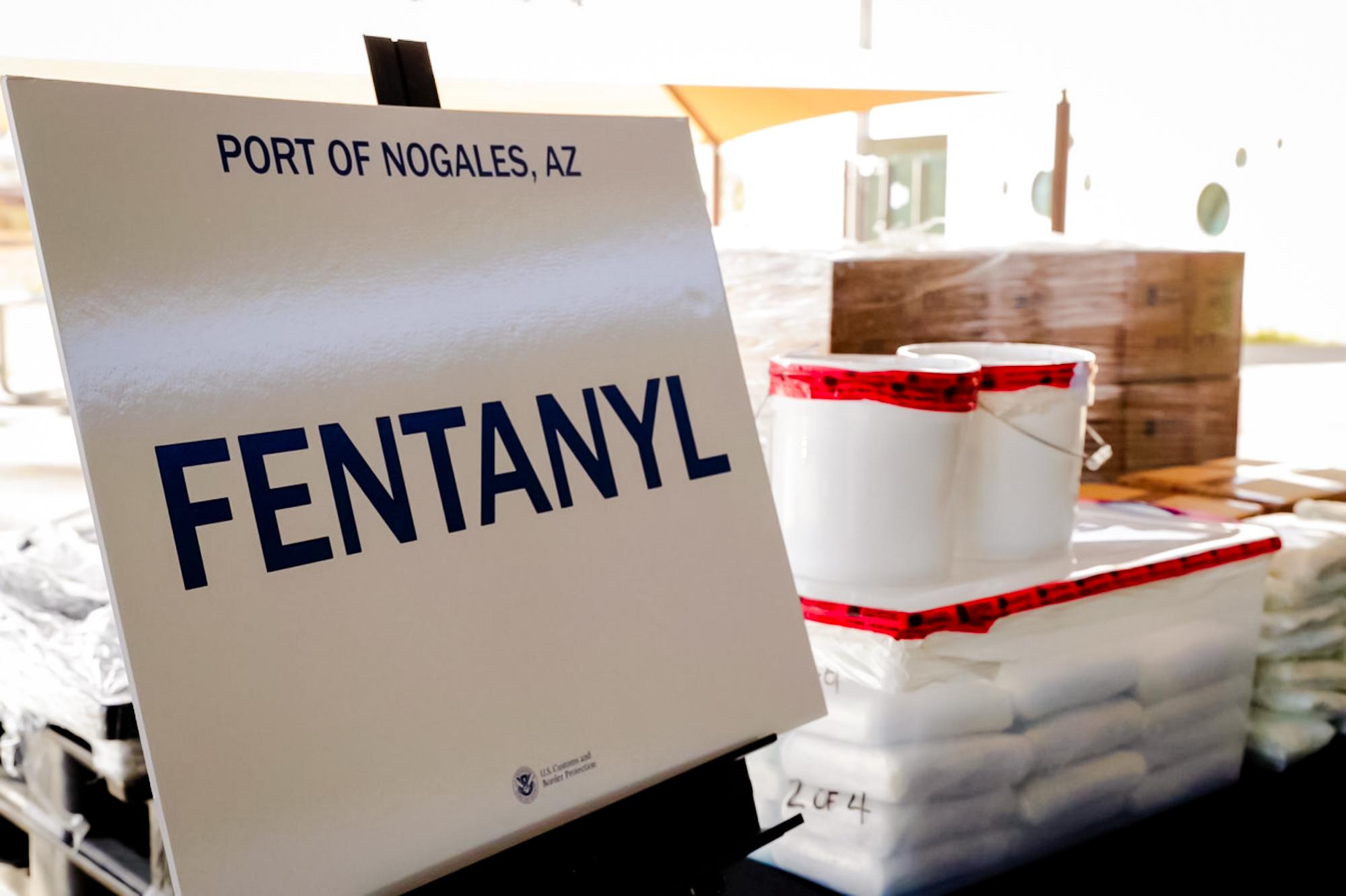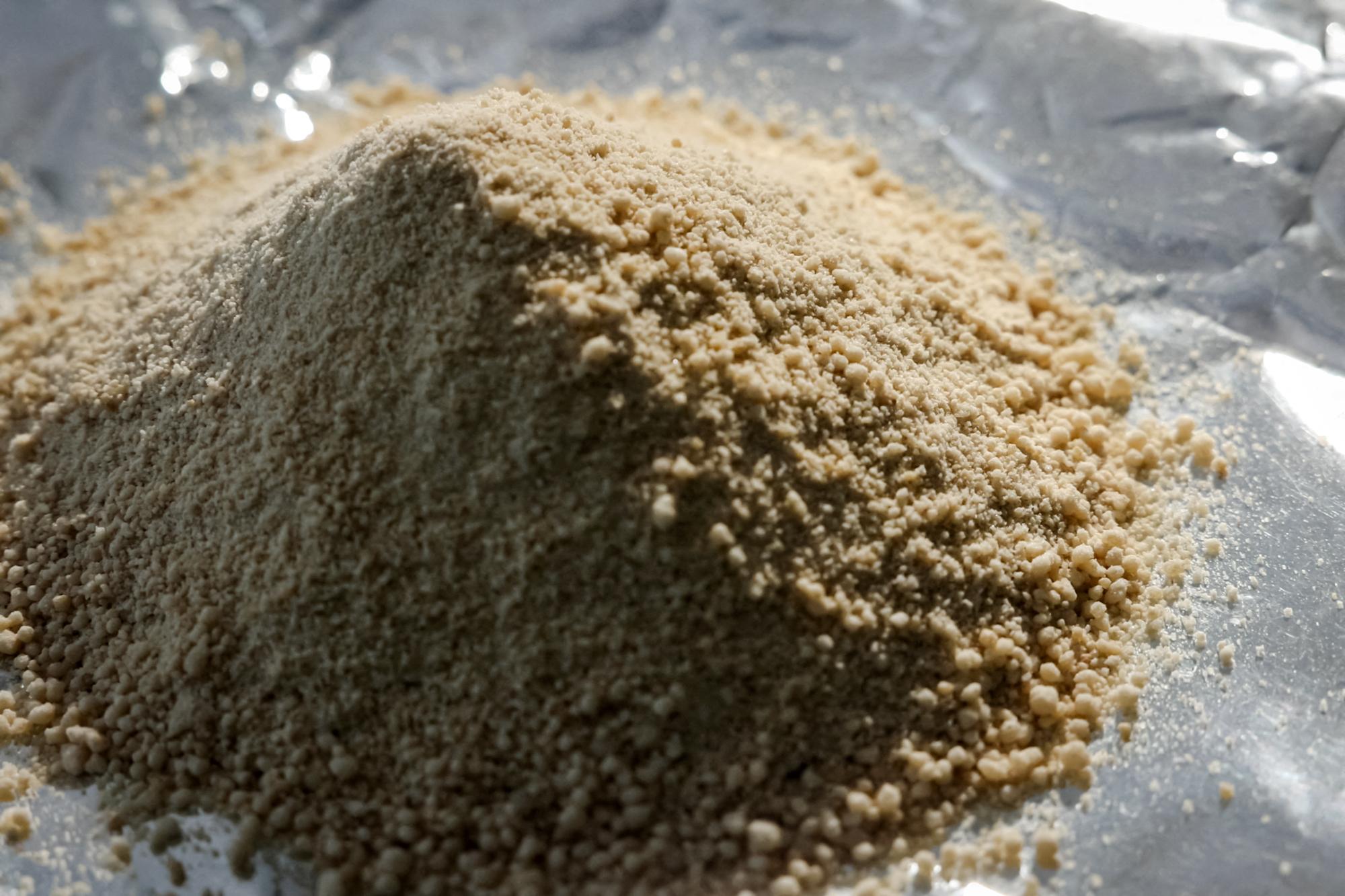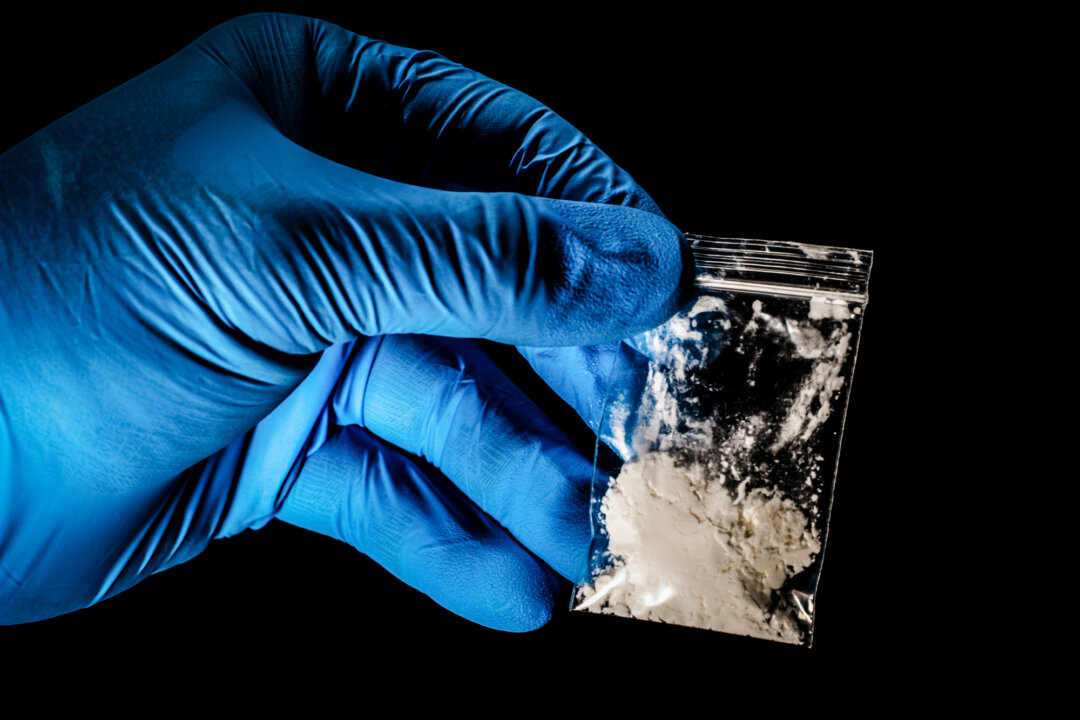China’s ruling regime began a secret project during President Donald Trump’s first term to weaken the United States through scaling up production of fentanyl precursors and shipping them to Mexico and Canada for manufacturing and distribution across the border, according to an insider who has sources in Beijing’s top political circle.
The plan, which the Chinese regime dubbed Project Zero, aims to make Americans addicted, according to Yuan Hongbing, a dissident and jurist living in exile in Australia. His sources are close to the descendants of senior Chinese Communist Party (CCP) officials who choose to remain anonymous due to security concerns.
Top Chinese officials have continued to push fentanyl into the United States, Yuan told The Epoch Times in a recent interview.
Fear of the plan leaking out and contradicting Beijing’s claim that it is being a responsible actor is one reason Beijing has chosen to go head to head with Washington during the current tariff war, Yuan said.
During his first term, Trump pressed CCP leader Xi Jinping to stop the flow of Chinese fentanyl precursors into the United States. However, Xi has repeatedly referred back to another part of Chinese history—the Opium Wars—and blames the West for once turning China into a semi-colonial society.
According to Yuan, Xi has considered the rampant drug abuse in the United States as “retribution” and a clear indicator of the concept Xi envisioned—that the East is on the rise and the West is in decline.
Project Zero was conceived in that spirit, Yuan said.
Drug overdoses, primarily driven by synthetic opioids such as fentanyl, remain among the leading cause of death for American adults aged 18 to 44, and killing more than 107,000 people in 2023, according to the Centers for Disease Control and Prevention. A January report from Commonwealth Fund, a private foundation that supports health care related research, found that the United States has the highest drug overdose death rate in the world.
Yuan taught for eight years at China’s prestigious Peking University in Beijing, and another 10 years at the state-affiliated Guizhou Normal University in southwest China. He maintained connections with those who hold key positions in the Chinese political and legal system, as well as the armed forces.

Beijing’s Role
For years, China has been a primary source of illicit fentanyl and fentanyl related substances trafficked into the United States.
R. Evan Ellis, a research professor of Latin American Studies at the U.S. Army War College Strategic Studies Institute, worked in the State Department’s office of policy planning under the first Trump administration when the department began to push China to curb fentanyl production. He identified the Chinese city of Wuhan as a crucial fentanyl supplier due to its “strong pharmaceutical and chemical industry.”
The Justice Department has charged several Chinese companies and individuals from Wuhan for fentanyl trafficking, and a New York jury in February convicted two Chinese nationals working for a Wuhan-based company who had sold more than 440 pounds of fentanyl precursors to undercover U.S. law enforcement agents.
“China was literally sending packages of fentanyl through the post office, arriving directly in the United States from China,” Ellis told the Spanish edition of The Epoch Times.
Under U.S. pressure, the Chinese regime banned fentanyl production and sale in 2019. But Chinese companies simply shifted tactics, instead shipping chemical precursors for fentanyl to Mexico, where cartels make the drug and traffic it across the border, according to the U.S.–China Economic and Security Review Commission.
The Treasury Department’s Financial Crimes Enforcement Network, in an April report, named Mexico and China as the key players in making fentanyl and laundering money off the proceeds.
Mexico became the ideal location in China’s fentanyl distribution chain because of the country’s history of drug smuggling and corruption, according to Aaron Graham, a former agent at the Drug Enforcement Administration.

“In Mexico, you can pay customs officials to get it in, and then they can set up clandestine laboratories protected by the police,” he told The Epoch Times.
“Everything is protected by the [Mexican] police,” Graham said. The cartels have “all the mechanisms in place and perhaps, most importantly, it has proximity.”
Beijing officials have denied being responsible for the fentanyl crisis, asserting that the issue is the “United States’ problem, not China’s.”
A congressional investigation produced findings detailing China’s involvement.
The House Select Committee on the CCP, in an April 2024 report, said it found that the regime directly subsidizes illicit narcotics such as fentanyl materials and that Chinese companies were eligible for tax rebates and other monetary benefits after exporting the precursor chemicals.
Beijing gives monetary grants and awards to companies “openly trafficking illicit fentanyl materials and other synthetic narcotics,” the report noted. Some companies also received site visits from provincial officials, who praised them for contributing to the local economy, it said.
The Select Committee noted that China’s security services “have not cooperated with U.S. law enforcement and have even notified targets of U.S. investigations when they received requests for assistance.”
The report said the regime has allowed illicit drug sales on the tightly controlled Chinese internet. The Chinese censors have set up online triggers to block some domestic drug transactions but not for export-focused content, the report said.
“Through its actions, as our report has revealed, the Chinese Communist Party is telling us that it wants more fentanyl entering our country,” then-committee chairman Rep. Mike Gallagher (R-Wis.) said at an April 2024 hearing titled, The CCP’s Role in the Fentanyl Crisis.

No Turning Back
The Chinese regime is now the central target of U.S. tariffs after Trump excluded it from the global reciprocal levy pause and hiked the rate. Most Chinese goods being imported into the United States now face a levy of 145 percent, which includes a 20 percent duty to address fentanyl specifically.
Trump, in a February statement explaining the fentanyl-related tariffs on China, said he wants to hold Beijing accountable for facilitating the synthetic opioid supply chain.
“The CCP does not lack the capacity to severely blunt the global illicit opioid epidemic; it simply is unwilling to do so,” the presidential action states.
Chinese communist officials read the current tension as a sign that Washington has learned about their fentanyl plans, according to Yuan.
“Xi believes there’s no turning back,” he told The Epoch Times. Should the U.S. government publicize the Project Zero plan, he said, Xi could face criminal charges as “one of the world’s biggest drug lords.”
The Chinese foreign ministry said as recently as April 29 that the regime will “fight to the end” regarding the trade war. It also denied it was engaged in trade negotiations with the United States, despite Trump suggesting otherwise.
The Epoch Times reached out to the State Department for comment regarding the regime’s Project Zero fentanyl plan.

COVID-19 Accountability
The Chinese regime has another fear that has kept it from retreating in the trade war, according to Yuan and his sources.
A Missouri judge in March ruled the CCP leadership liable for $24 billion in damages to Missouri over China hoarding medical supplies during the COVID-19 pandemic.
The court ruling was a blow to Xi, Yuan said. If the United States continues to seek accountability over COVID-19’s global spread, Xi will have to be the one to answer for it, he said.
The White House on April 18 changed a government page to include assertions that the virus that causes COVID-19 began from a laboratory in Wuhan.
“By nearly all measures of science, if there was evidence of a natural origin it would have already surfaced. But it hasn’t,” the newly updated website reads. Multiple U.S. federal agencies, including the CIA, have assessed the lab leak theory as viable.
In a hint that Beiijng is preparing to continue the trade fight, the regime’s top leadership panel has pledged to stabilize the country’s economy as tariffs begin to impact Chinese exporters.

The Chinese foreign ministry further made clear Beijing’s stance in an April 29 video titled “Never Kneel Down.” The video claimed the United States has set the regime up in a “deadly trap.”
To bow down, it said, will be like “drinking poison to quench thirst—it only deepens the crisis.”
Luo Ya and Estela Hernández contributed to this report.





